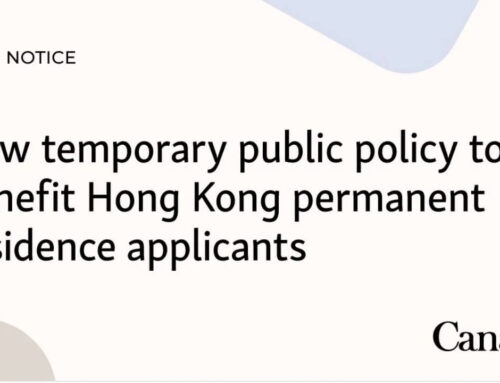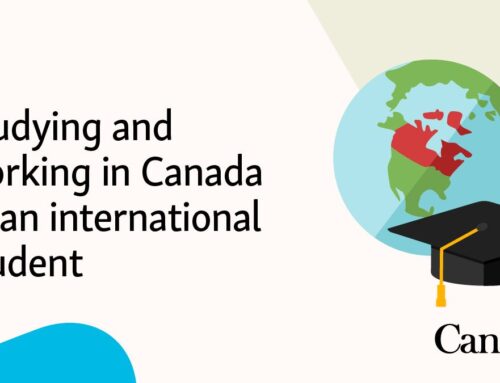On August 16, 2023, the Saskatchewan Immigrant Nominee Program (SINP) held first-of-its-kind pilot project, targeting specific countries. The pilot is picking skilled immigrants based on their country of residence, and only open to 8 countries, including Czechia, Germany, India, Ireland, Lithuania, Poland, Slovakia, and Ukraine.
In an email to the Toronto Star, the federal immigration department said provinces and territories are responsible for the design, management and evaluation of their respective provincial nominee programs, though Ottawa does review new streams to ensure they align with national policy and the law. On August 31st, the Toronto Star featured an article questioning the limitations of the new pilot, only those who are living in one of these eight countries are eligible.
During the six draws in August, the SINP invited 642 country-specific candidates in dozens of occupational backgrounds to settle in the province as permanent residents. Candidates were selected through the Express Entry and Occupations in Demand categories. Some of these occupations were in the business field, including Financial & Investment Analysts, Human Resource Professionals, and Advertising Managers. Other fields included the sciences (Biologist, Chemist), education (University Professionals, Vocational Instructors and Social Workers) and construction (Electricians, Plumbers, and Bricklayers), just to name a few.
Officials of the SINP say the draws are designed to target immigrants based on their likelihood to succeed and stay in the province, labour market needs and program targets. Candidates are required to submit an Express of Interest (EOI). The EOI is not an application to the SINP; it is a pre-application to indicate your interest in applying to the SINP. There is a minimum eligibility requirement, which is based on the SINP’s points grid. A minimum score of 60 is required for all eligible candidates. Candidates will only be eligible to apply for permanent residence with the Government of Canada once they receive an invitation to apply to the SINP and they are approved for nomination.
The country-specific pilot is an attempt by Saskatchewan to devote its limited resources to target newcomers who are most likely to stay, provincial officials say.
According to Statistics Canada, only 64 per cent of newcomers who settled in Saskatchewan between 2016 and 2020 ended up staying. Among those who came under the skilled workers and skilled trades categories in 2019, only 43 per cent of them remained.
Inspired by the settlement success of the five flights of displaced Ukrainians who arrived in the province in the past year, officials came up with the pilot project with employers, professional regulators, industry associations and community-based partners.
In picking the select countries, they looked at labour-pool characteristics, language ability, history of successful recruitment and retention of newcomers from different countries, as well as the job opportunities available in the province.
One other key element they considered was the credential compatibility of migrants from those countries. For instance, long-haul truck drivers in Poland, Ukraine and Germany are quickly recognized by provincial officials to work in Saskatchewan.
The federal government sets quotas for the number of provincial nomination spots each year and Saskatchewan is eligible to submit up to 7,250 in 2023.
Normally, under the SINP, the Province will create a draw and invite applicants from a pool of existing candidates with an expression of interest and meet the relevant points thresholds, but for this pilot, Saskatchewan officials have created the draws before they have the talent pool. They expect to find their applicants in recruitment missions in Europe in late September and in India in October, where employers will meet candidates and invite them to enter the pool. The intent to create the draws in advance, said Bourgoin, is to let potential applicants start preparing for an application and compiling all the necessary documents, and initiating the credential-assessment process from abroad.
The province expects to evaluate the pilot upon its completion in December. Successful recruits will be issued a work permit to come here while their permanent residence applications are in process.
This alert is for informational purposes only. If you have any questions, please contact us via email at info@poonahimmigrationlaw.com for further information.





